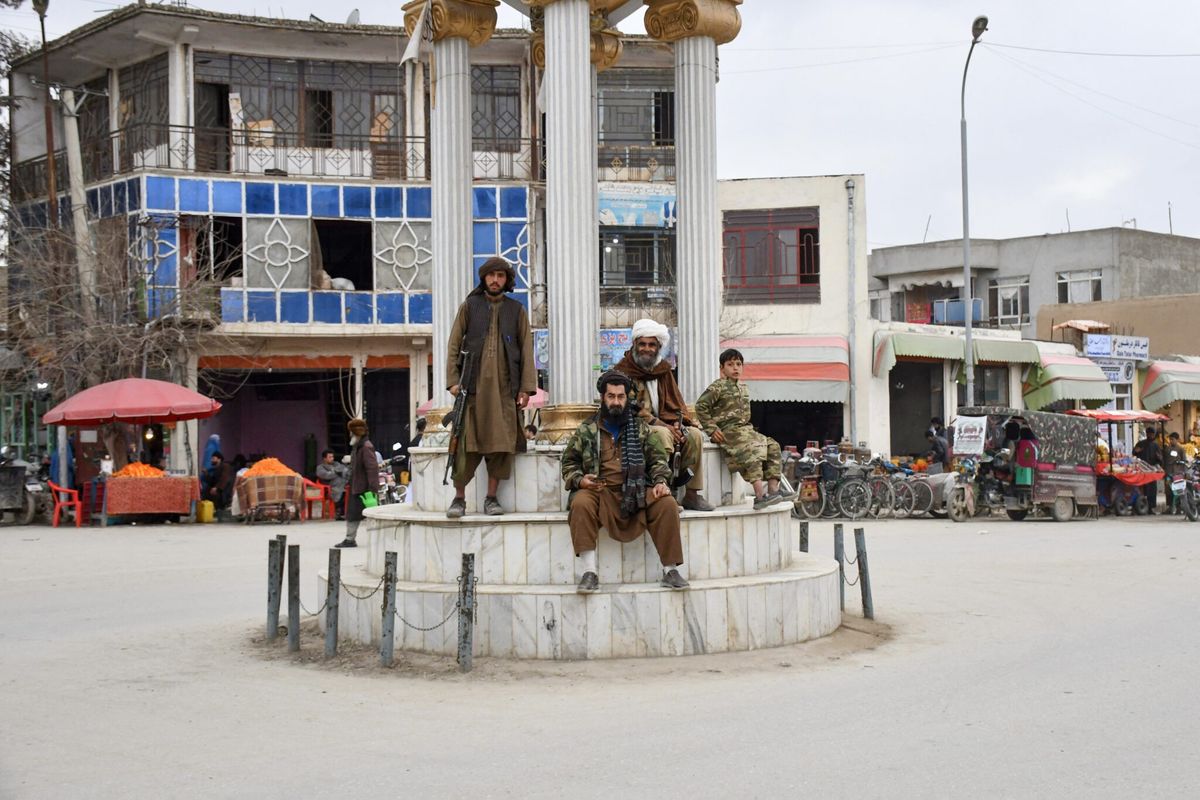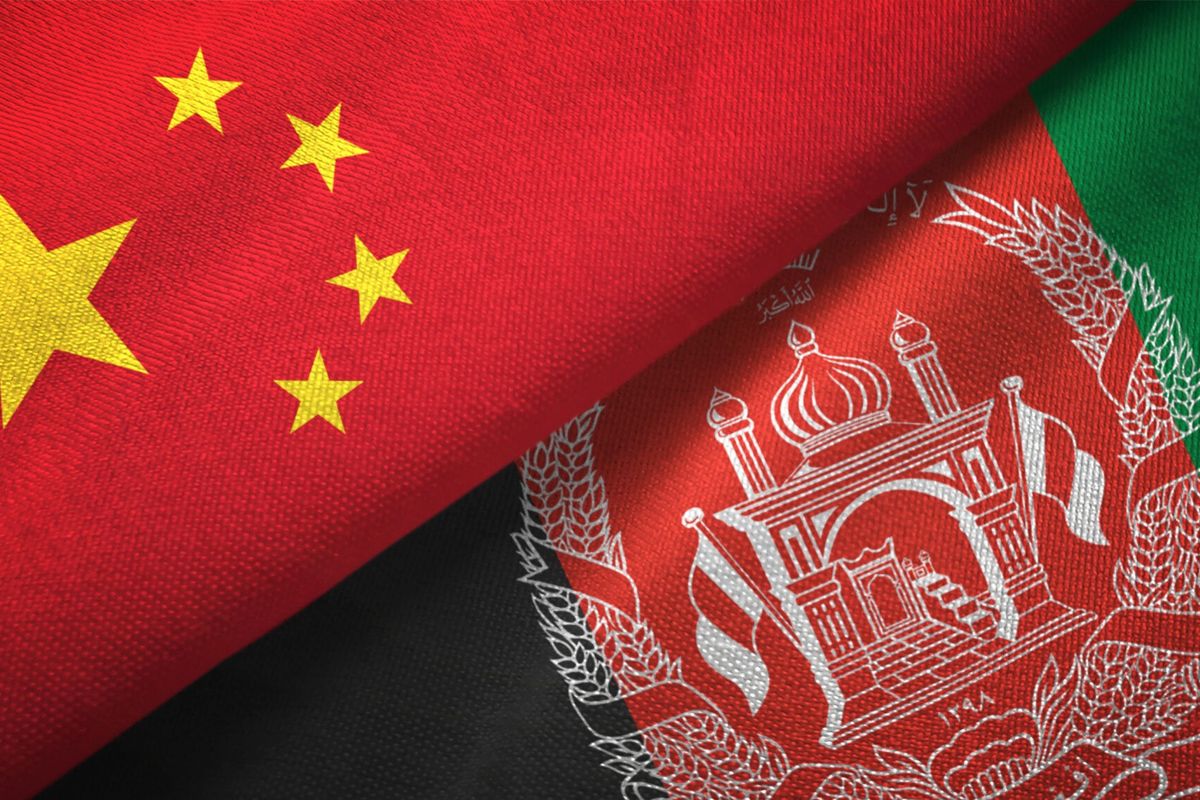OPINION — There has been considerable comparison between the Taliban and Hayat Tahrir al-Sham (HTS), as both groups originated from extremist ideologies and have learned from each other’s experiences.
Their shared roots in terrorism make the comparison inevitable. However, their trajectories since seizing power have starkly diverged.
HTS is actively working to transform and normalize governance in Syria, while the Taliban is further isolating Afghanistan and reinforcing a regressive and dangerous ideology.
Both groups emerged from jihadist backgrounds, yet one is cautiously trying to integrate into the internationally accepted state system, while the other remains committed to exporting extremism by investing in jihadi infrastructure, establishing Jihadi madrasas, and preparing a new generation for global jihad.
I am particularly fascinated by HTS’s pragmatic attempts to normalize relations with its neighbors and skillfully navigate regional geopolitical rivalries, especially among the Gulf countries. This is not to whitewash their ideological extremism, but like many Afghans, I am closely observing and cautiously admiring their political maneuvers aimed at giving Syria and its people space to breathe and rebuild.
HTS has taken several practical and visible steps worth acknowledging:
- Inclusion of women in the cabinet and decision-making positions.
- Signing a deal with Kurdish-led Syrian Defense Forces (SDF) in Northern Syria, preserving the country’s territorial integrity and provision of constitutional rights for Kurds including language rights.
- Initiating steps toward drafting a new Syrian constitution.
While there are credible reports of ongoing sectarian violence and targeting of minorities, HTS leader Ahmed Al- Sharaa has publicly committed to addressing these concerns. These developments provide cautious optimism about Syria’s future under HTS’s evolving leadership.
The international community, particularly Gulf countries, is also responding positively. Turkey, Saudi Arabia, Qatar, and the UAE are openly advocating for giving the new Syrian leadership a chance. HTS has demonstrated its willingness to address regional concerns and translate rhetoric into action.
President Trump’s decision to lift sanctions on Syria and his historic meeting with Syria’s new President Ahmed Al-Sharaa in Saudi Arabia, marked a significant step toward alleviating the Syrian people’s suffering. These actions are not acts of charity from the international community but rather a response to the pragmatic and people-focused policies of the HTS leadership, who have shown a willingness to prioritize governance over rigid ideology.
Why the Taliban Cannot Be Compared to HTS
Some apologists now argue for extending similar normalization efforts toward the Taliban. But this is a dangerously flawed comparison.
When HTS ousted the Assad regime, concerns arose that it would mirror the Taliban’s misogynistic governance model. Yet, HTS proactively addressed these fears by including women in leadership, engaging in public diplomacy with Syrian women leaders in exile. In stark contrast, the Taliban completely reversed their promises.
I personally witnessed their commitments during the 2019 Intra-Afghan dialogue and 2020 Intra-Afghan Negotiation in Doha, where they explicitly promised to uphold women’s educational and employment rights—even pledging access to higher education, including PhDs. Yet, nearly four years into their rule, Afghan women have been stripped of all civil, political, and human rights. They have effectively been rendered non-human under a brutal, modern system of gender apartheid.
This blatant dishonesty underscores an irrefutable reality: the Taliban’s rhetoric never matches their actions. They are neither reliable nor serious partners in any political process.
Rather than taking responsible steps toward governance and peace, the Taliban is transforming Afghanistan into fertile ground for future conflict. Beneath the superficial physical security that visitors might observe, the Taliban is systematically establishing Jihadi madrasas across all districts. They are indoctrinating the next generation of Afghans with a fanatical, intolerant worldview, laying the groundwork for an export-oriented terrorism that will have devastating consequences across the region.
What national security news are you missing today? Get full access to your own national security daily brief by upgrading to Subscriber+Member status.
This isn’t just a future problem for Afghanistan—it is a clear and present danger to Central Asia, South Asia, and ultimately, global security.
An Alarming New Threat
There are also unverified but credible reports of foreign fighters relocating from Syria to northern Afghanistan. If true, this poses an immediate and severe threat to the security of Central Asian countries, particularly Uzbekistan and Tajikistan.
I am not blind to potential positive developments. I would welcome any genuine steps by the Taliban to bring lasting peace to Afghanistan. But the reality is clear: the Taliban is actively reversing progress, pushing the country back to the stone age, and laying the foundation for future instability that will have far-reaching consequences for regional and global peace.
Unlike HTS, no country or serious political leader is willing to take the risk of publicly vouching for the Taliban. Even their closest patron, Pakistan, now suffers from the Taliban’s complicity in providing sanctuary to the Tehrik-i-Taliban Pakistan (TTP), which poses a direct threat to Pakistan’s own security.
My humble appeal to analysts and policymakers is this: Do not become apologists or useful idiots for a regime built on gender apartheid and terror sponsorship. Unless the Taliban takes concrete, verifiable steps to dismantle its oppressive structures and abandon its terrorist ambitions, it must remain a pariah in the international system.
The Cipher Brief is committed to publishing a range of perspectives on national security issues submitted by deeply experienced national security professionals.
Opinions expressed are those of the author and do not represent the views or opinions of The Cipher Brief.
Have a perspective to share based on your experience in the national security field? Send it to Editor@thecipherbrief.com for publication consideration.
Read more expert-driven national security insights, perspective and analysis in The Cipher Brief














